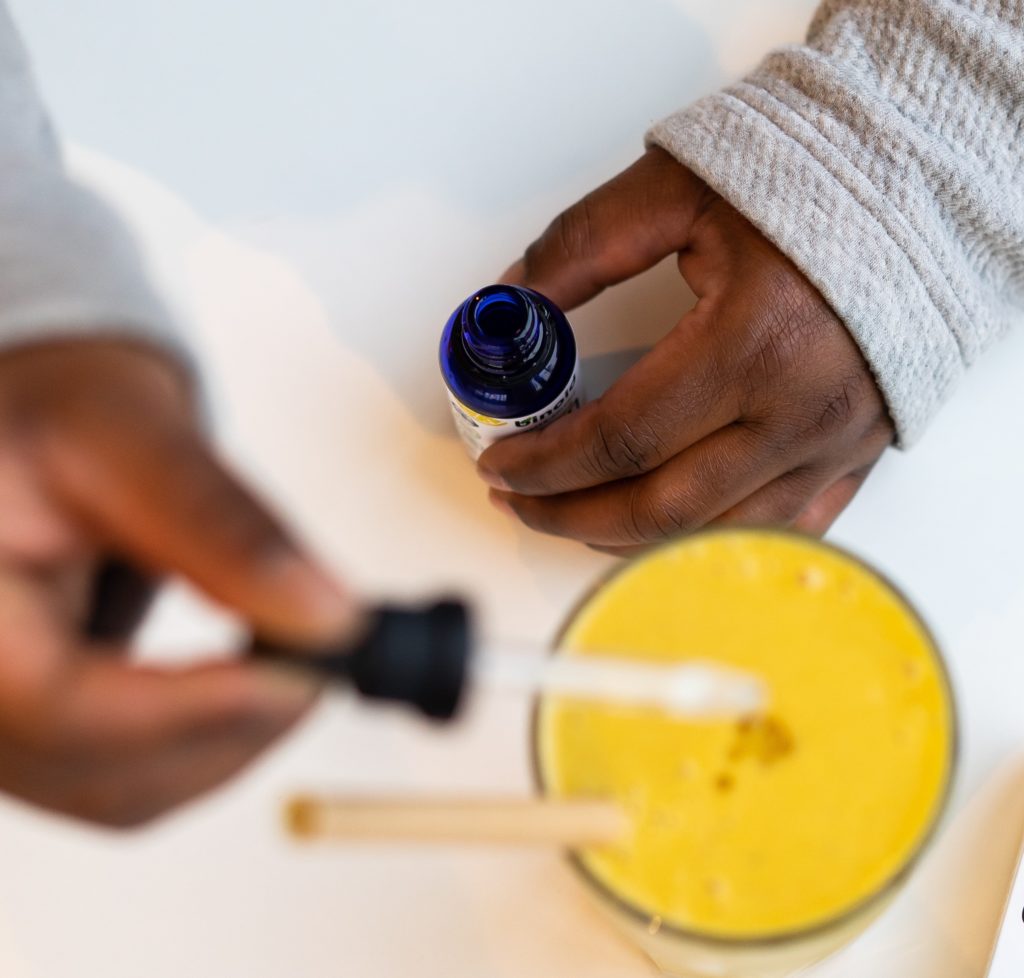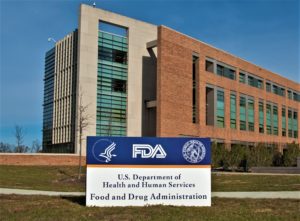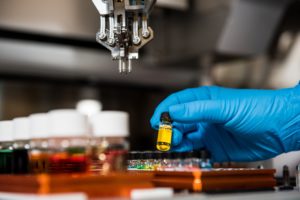
Blog
Modern Snake Oil? New Report Proves the Need for CBD Oversight
At the 1893 World’s Exposition in Chicago, Clark Stanley — better known then as the “Rattlesnake King” — stunned spectators when he grabbed a snake out of his bag and sliced it open before the crowd. He then plopped the snake into boiling water and skimmed the fat off the top to create his snake oil, which he claimed to be a remedy for a host of ailments.
Trouble was, the spectacle at the World’s Exposition was just marketing. Stanley was ultimately stopped by federal investigators who exposed his snake oil as nothing more than beef fat, red pepper and turpentine.
More than a century later, we’re still grappling with the merits of cure-alls, only this time instead of snake oil, it’s CBD. There are millions who have tried CBD, many of whom swear to its virtues, but there’s a new report that makes it clear that what you’re buying isn’t always what’s advertised.
Whether CBD is miracle or myth, the report’s findings should serve as a caution to consumers and a call-to-action for policymakers and regulators.
CBD’s Promise, Tainted by Uncertainty
CBD may have enormous potential. There are some studies that have found it to be an effective treatment for reducing inflammation or treating sleep disorders. But these studies were far from robust — lacking a placebo test group or done on animals — and other studies have found potential problems, like taking too much CBD could lead to liver damage. Despite myriad unknowns, CBD sales continue to soar.
The promise of a cure-all has fed the burgeoning CBD market, but as it stands today, uncertainty taints that promise. A new report out from Digital Citizens Alliance found that the amount of CBD in products fluctuates wildly from what the label might say. Of the 59 products Digital Citizens purchased and tested, more than half contained 20 percent more or less CBD than the label claimed. On average, there was a 30 percent discrepancy between what was claimed on the label and what was found in Digital Citizens’ testing.
Only two percent of the products tested contained the amount of CBD indicated on the label.
Fraudulent “FDA Approved” Claims
Perhaps more concerning? As Digital Citizens investigators were conducting their study, they recounted an exchange with a New Jersey retailer who assured them that the CBD products for sale were “all FDA approved.”
At this stage, the vast majority of CBD products are not approved. One of the rare exceptions being the FDA-approved use of CBD is the anti-seizure drug Epidiolex. Most Americans, however, have no idea that’s the case. Consumer Brands Association research found that more than a third (34%) of Americans have tried CBD and, of those, 80 percent said that it was federally regulated.
It’s Too Soon to Clear Out the Medicine Cabinet
Digital Citizens Alliance also found that 70 percent of American CBD users were replacing medications. Nearly half (46%) were using CBD in lieu of prescription medications. Most were using CBD to treat pain (53%), anxiety (48%), depression (29%) or insomnia (20%); however, a smaller set said they were using CBD instead of other medications to treat cancer (9%), Alzheimer’s disease (7%) or diabetes (7%).
That was a lot of numbers. Let me repeat the salient point: Americans are using CBD in lieu of medications to treat everything from pain to cancer. Making medical decisions without the benefit of sound science should do more than raise concern, it should grab the attention of policymakers and regulators.
It’s Time to Research and Regulate
CBD products make up a large market about which little is certain. The unknown represents a potential danger to consumers, as brought into sharp focus by the DCA investigation. Right now, we don’t know what’s in CBD products or if they do what they say they can do. And we don’t have the research to find out.
“Consumers are participating in one of the largest uncontrolled clinical trials in history, and no one really knows what it is they’re taking,” Pal Pacher, an investigator at the National Institutes of Health and president of the International Cannabinoid Research Society told Newsweek.
It is imperative that Congress funds federal research on the safety of CBD products and fills in those scientific gaps so regulators are in a position to make informed decisions. Congress also needs to ensure that FDA has the resources to surveil the market and engage in enforcement activities, namely the sampling and testing of CBD products to root out snake oil peddlers.
Clark Stanley claimed his snake oil liniment was “good for everything a liniment ought to be good for,” from rheumatism to reptile bites. Now we know snake oil is nothing but a good euphemism for deception. CBD may not be snake oil, but it’s critical we confirm through research what it does (and doesn’t do) and develop regulations to ensure consumers are getting what’s advertised.
Published on March 5, 2020




